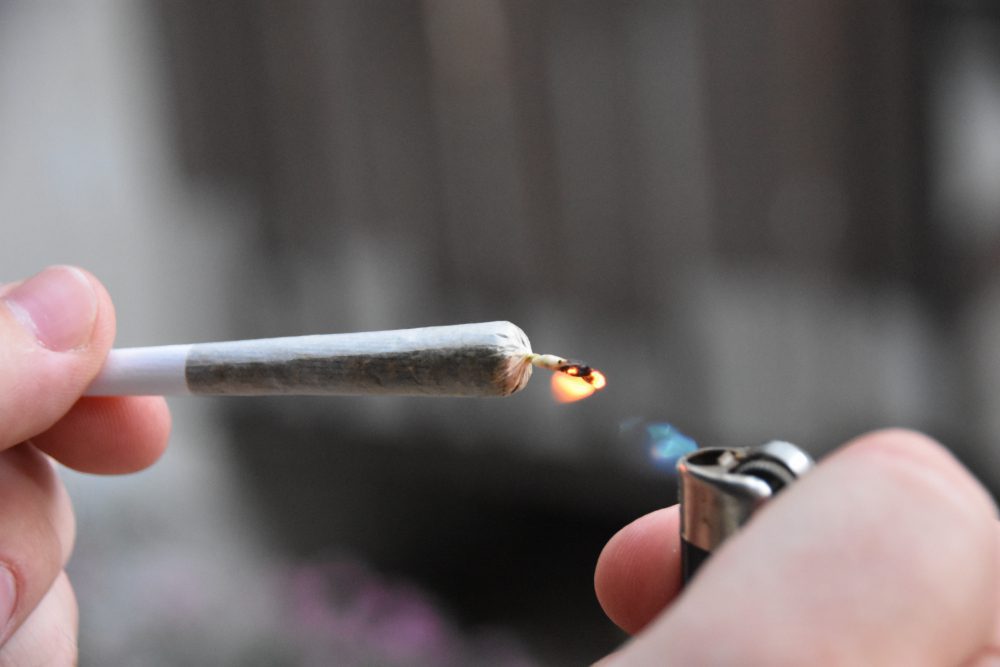
Does Marijuana Help When Working Out?
Medical marijuana and working out has been a hot topic recently. Professional athletes utilize it for pain relief, relaxation, and, most significantly, as a potential substitute for opiates. Due to the restrictions in many professional athletic companies, most of the athletes who are vocal about this finding are those who practice yoga and martial arts. For enhancing recuperation, managing minor injuries and muscular discomfort, and optimizing rest days, they use marijuana and cannabidiol or CBD.
The advantages mentioned are typically for recovery following exercise. One must note that it is normally better to avoid using cannabis right before a workout because it can increase heart rate and result in heart arrhythmias or abnormalities in a heartbeat. This potential is especially important for people with metabolic or hypertensive diseases. Developing an exercise program that will not conflict with the dosing schedule is important.

Marijuana and Bodybuilding
So, how does marijuana help with hypertrophy training?
THC and CBD influence the CB1 and CB2 receptors of the endocannabinoid system. A physiological system known as the endocannabinoid system controls many bodily functions, including food, immunity, sleep, pain perception, and temperature control. Moreover, different amounts of these receptors get used by both fat and muscular tissues. Despite the limited amount of studies involving humans looking at how marijuana affects muscle growth, you can still garner some results through various studies.
- The outcomes of the several experiments conducted so far to examine how THC affects T-cell development in humans are conflicting. Cannabis use does cause a minor, transitory drop in testosterone production in people not used to smoking it. Cannabis appears to have little to no effect on testosterone levels among chronic users.
- The endocannabinoid system’s CB1 receptors are involved in the control of hunger. THC and CBD interact with cannabinoid receptors to sharply increase hunger. This symptom could be advantageous if one is trying to gain mass as it might help you consume those crucial calories for growing muscle, particularly if one experiences difficulty eating enough.

Marijuana and Running
How do those who partake feel about marijuana and running?
Although cannabis is not a performance enhancer, it seems to have the potential to improve performance by allowing you to focus like a laser. Cannabis may not make you quicker, but studies indicate that it can help with recovery from modest aerobic exercise and during a workout.
Conclusion — medical marijuana and work out
The short answer is that marijuana does affect training. How? The available data is ambiguous and frequently contradictory. According to certain research, cannabis is advantageous before, after, and during exercise, and some advocate against consumption.
Cannabis might be a promising strategy to improve your exercise routine. To prevent reliance, one should still use it sparingly.
Also, find out how do edibles work?
FAQ
Is marijuana beneficial for workouts?
Marijuana can have potential benefits for workouts, primarily in terms of post-exercise recovery. It's often used by athletes for pain relief, relaxation, and as an alternative to opiates. However, it's generally advised to avoid using cannabis right before a workout due to its potential effects on heart rate and rhythm, especially for individuals with certain health conditions.
How does marijuana impact hypertrophy training in bodybuilding?
THC and CBD, the active compounds in marijuana, interact with the CB1 and CB2 receptors of the endocannabinoid system. While research on how marijuana specifically affects muscle growth in humans is limited, it's suggested that it may influence aspects of muscle development and recovery. However, the effects can vary among individuals.
What's the perception of marijuana among runners?
While marijuana is not considered a performance enhancer for running, some individuals report that it helps them focus during training sessions. Studies suggest that cannabis may aid in recovery from moderate aerobic exercise and potentially improve performance indirectly. However, individual responses to marijuana can vary, and its effects on running performance require further investigation.
